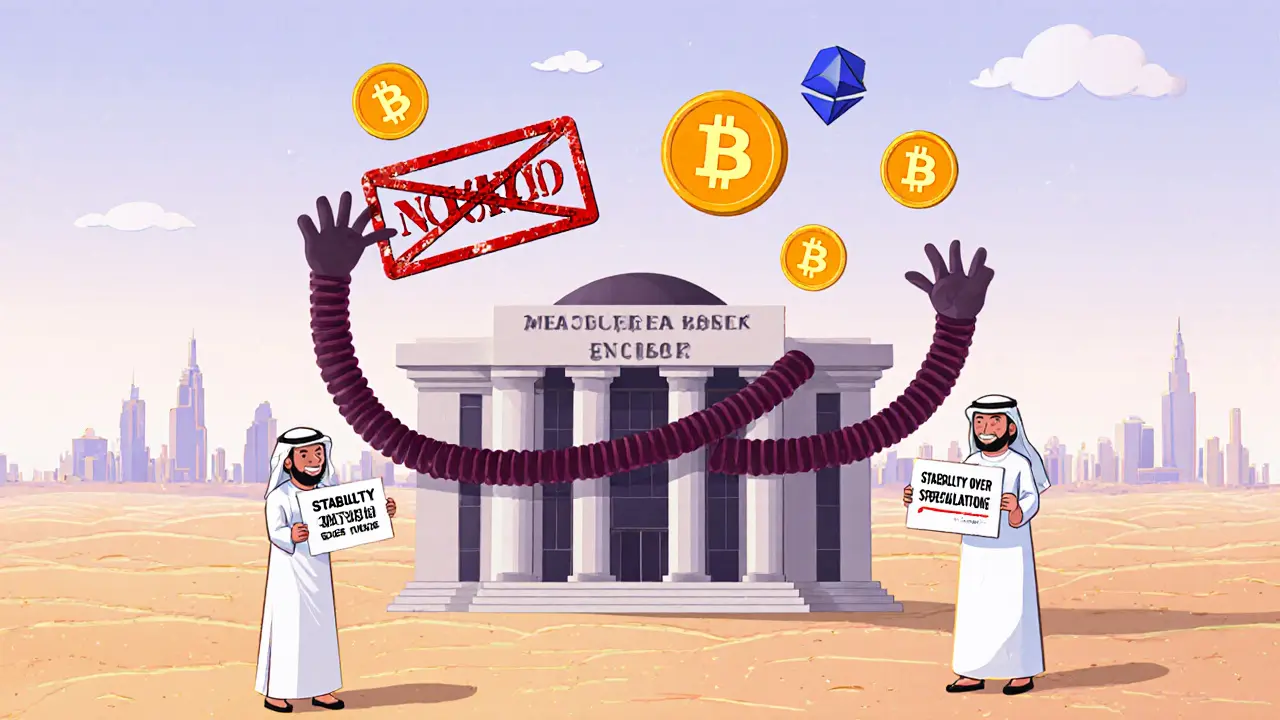Institutional Cryptocurrency Restrictions: What Banks and Governments Block
When we talk about institutional cryptocurrency restrictions, rules imposed by banks, regulators, or governments that limit or block crypto transactions and holdings. These aren't just guidelines—they're enforcement mechanisms that can freeze accounts, shut down exchanges, or make crypto use illegal. In countries like China, these restrictions go beyond limits: they erase any legal space for crypto. Banks there don’t just refuse to process crypto withdrawals—they automatically flag and freeze any attempt to convert digital assets into cash. It’s not about suspicion; it’s about policy.
These restrictions don’t just affect individuals. They ripple through the entire crypto ecosystem. Exchanges like P2B or Nimera can’t operate openly if their banking partners are cut off. The FATF greylist, a global list of countries with weak anti-money laundering controls. Also known as financial action task force watchlist, it forces exchanges to monitor or block users from 24 high-risk jurisdictions. That means even if you’re in a country where crypto is legal, your transactions might still be blocked because your counterparty is tied to a greylisted nation. Meanwhile, the SEC, the U.S. agency that enforces securities laws. Also known as Securities and Exchange Commission, it has fined crypto firms over $4.68 billion—not for technical violations, but for operating without registration. This shift shows how institutional restrictions are evolving from outright bans to compliance traps. Even something as simple as 2FA or using a non-KYC exchange like DueDEX becomes risky if your bank or payment processor is under pressure to cut ties with crypto.
These restrictions aren’t random. They’re tied to real-world outcomes: China’s ban led to zero crypto taxation because there’s no legal crypto to tax. Countries on the FATF greylist see their crypto liquidity dry up because global exchanges won’t touch them. And when banks block crypto-to-fiat withdrawals, users don’t just lose convenience—they lose control. The posts below show you exactly where these walls are built, how they’re enforced, and what alternatives exist when the system says no. You’ll find real cases—from Chinese bank freezes to SEC crackdowns—so you know what’s possible, what’s dangerous, and where you might still have room to move.
Qatar bans all institutional cryptocurrency activity for banks and financial firms, but allows tokenized securities under strict oversight. Learn how this unique regulatory model compares to the rest of the GCC in 2025.
